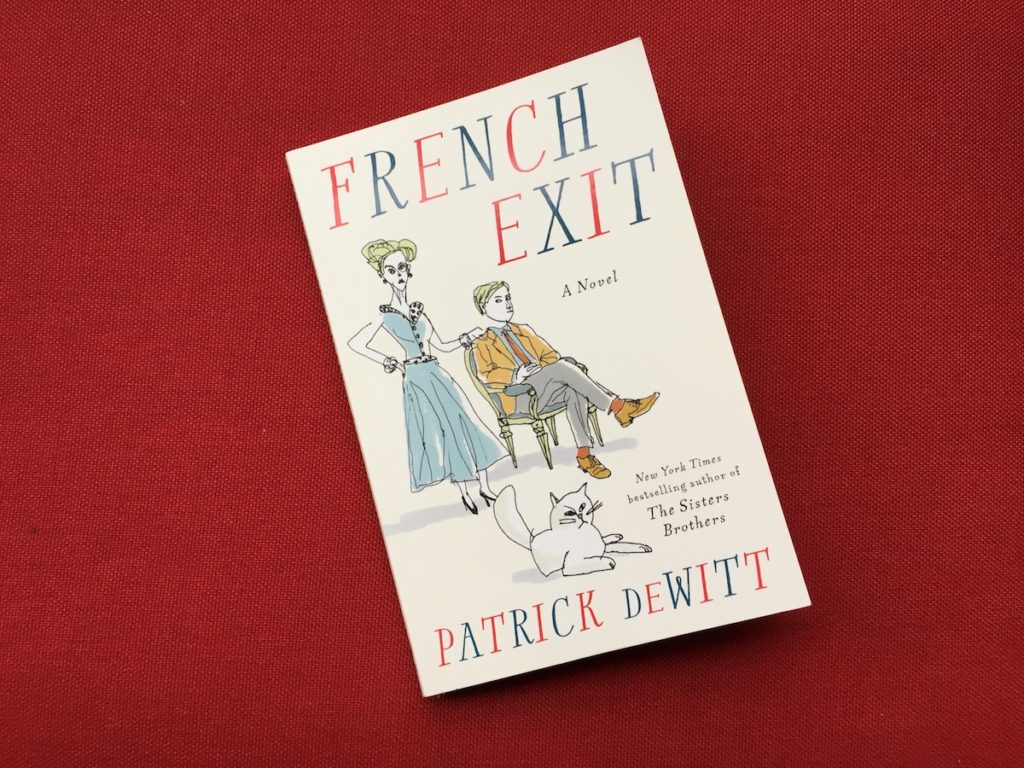Description: On a superficial level this is a dark comedy about a weak man who commits a murder and then gets arrested, but for the wrong crime. The police are obsessively looking for bicycle thieves. On a completely other level, this is the type of novel you could expect to study in English lit classes. There’s satire, religion, allegory, and a mixed bag of logic and fantasy.
The writing style is reminiscent of Joyce or Kafka, and there’s certainly the same absurdity. One day seems to be years. One thing morphs into another. As a reader you hardly know what’s going on or what to believe.
All that to say, I found it rather enjoyable, but perhaps because it was recommended by an Irish friend.
Flann O’Brien was the pseudonym of Brain O’Nolan, an Irish Civil servant who legally wasn’t allowed to publish stories about the government or his service. His first novel was published in 1939 and this was his second, The Third Policeman.
O’Brien’s 1st work, At-Swim-Two-Birds, was lauded by the likes of Graham Greene, Samuel Beckett and James Joyce. But The Third Policeman was turned down and O’Brien withdraw the manuscript and claimed it lost. At some point it was published, and it’s really an odd tale.
Favourite Moment: The Sergeant takes the narrator to eternity, and there is a building with a lift. Our man has never been in a lift before.
My voice trailed away to a dry cluck of fright. The floor was falling so fast beneath us that it seemed once or twice to fall faster than I could fall myself so that it was sure that my feet had left it and that I had taken up a position from brief intervals half-way between the floor and the ceiling. In panic I raised my right foot and smote it down with all my weight and my strength. It struck the floor but only with a puny tinkling noise. I swore and groaned and closed my eyes and wished for a happy death.
I really can’t tell you what’s going on in this novel because it will give away the ending, but also my brain is still trying to process what I’ve read. Basically, the narrator is a landowner’s son who is orphaned, goes away to school, and then returns home to find the hired help has helped himself. Without much recourse, the narrator settles in with his house mate. By and by they run out of money and commit murder in order to steal a money box. The housemate is a sneaky devil and has our man do the dirty work and then frames him, maybe …
The narrator is fascinated with the work of De Selby, a mad scientist whose theories are highlighted in various footnotes throughout the novel. They are equally absurd. (De Selby appears in O’Brien’s later work The Dalkey Archive, where he plans to destroy the world.)
With my academic hat on, I’d say the story is a quest narrative, which is one of the oldest narrative structures in literature. Our hero leaves the familiar to go in search of something and quickly encounters the unfamiliar, usually monsters, magic, and marvels that no one will believe. He comes back a changed man.
The Third Policeman is perfect for fans of Kafka and Joyce, or more contemporary comps Monty Python and Patrick deWitt.
